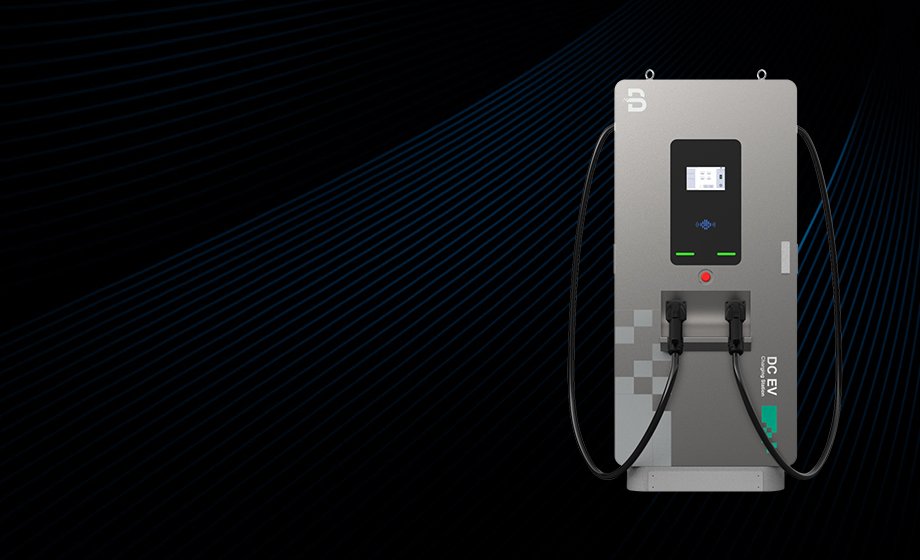In autumn and winter, diffuse radiation has a major impact on the yield of a PV system. In this article, you will find out what diffuse radiation means and how high it is in Germany.
What is diffuse radiation?
Diffuse radiation is solar radiation that does not reach the Earth's surface directly from the Sun. The Sun's rays are absorbed and scattered by clouds, air molecules, aerosols and atmospheric particles before they reach the Earth. This scattering causes the solar radiation to reach the Earth's surface at different angles.
Diffuse radiation together with direct radiation forms the global radiation.
What is the difference between diffuse radiation and direct radiation?
In contrast to diffuse radiation, the direct radiation the Earth's surface directly from the sun without scattering and is more intense and concentrated.
Direct and diffuse radiation
How is diffuse radiation measured?
pyranometer are used to measure global radiation, which results from the combination of direct and indirect sunlight By using a shadow ring or disk that blocks direct solar radiation, the pyranometer can measure diffuse solar radiation scattered by air molecules, particles, and clouds.
What is the proportion of diffuse radiation in Germany?
In Germany, diffuse radiation accounts for 50% of global radiation. In summer, direct radiation predominates, while in winter, mainly diffuse radiation hits the earth.
When the sky is clear, global radiation in Germany is around 1,000 W/m², which consists mainly of direct radiation. As the clouds increase, the proportion of diffuse radiation increases.
| weather conditions | Summer | winter |
| clear skies | 1,000 W/m² | 500 W/m² |
| light cloud cover | 600 – 800 W/m² | 300 – 400 W/m² |
| light to moderate cloud cover | 300 – 600 W/m² | 150 – 300 W/m² |
| heavy cloud cover | 100 – 300 W/m² | 50 – 150 W/m² |
Which influencing factors determine diffuse radiation?
The proportion of diffuse radiation is determined by two factors. In the long term, the location is crucial, because the global radiation is stronger the closer you are to the equator. In the short term, diffuse radiation is determined by clouds, air molecules, aerosols and atmospheric particles.
Diffuse radiation in Germany (Source: dwd.de)
What influence does diffuse radiation have on the performance of photovoltaics?
Overall, diffuse radiation leads to a lower yield of the PV system compared to clear, sunny days with a high proportion of direct radiation. However, in temperate climates where it is frequently cloudy, the performance can still be significant throughout the year.
Here are some points that illustrate this influence:
- Reduced intensity: Diffuse radiation is less intense than direct solar radiation. This means that the energy hitting the photovoltaic modules is less, resulting in lower electricity production;
- More even distribution: On the other hand, diffuse radiation is more evenly distributed and reaches the modules from different directions. This can be beneficial for systems that are not optimally aligned with the sun;
- Better performance with certain technologies: Some photovoltaic technologies, such as thin-film cells, can respond better to diffuse radiation than traditional crystalline silicon cells. This means that these technologies perform relatively better on cloudy days.
- Cooler temperatures: Cloudy days are often cooler, which can improve the efficiency of photovoltaic modules, as high temperatures affect their performance.
Due to the relatively high diffuse radiation, photovoltaic systems in Germany are often designed to make the most of these conditions. This is done by choosing suitable technologies or adjusting the inclination and orientation of the solar modules.











